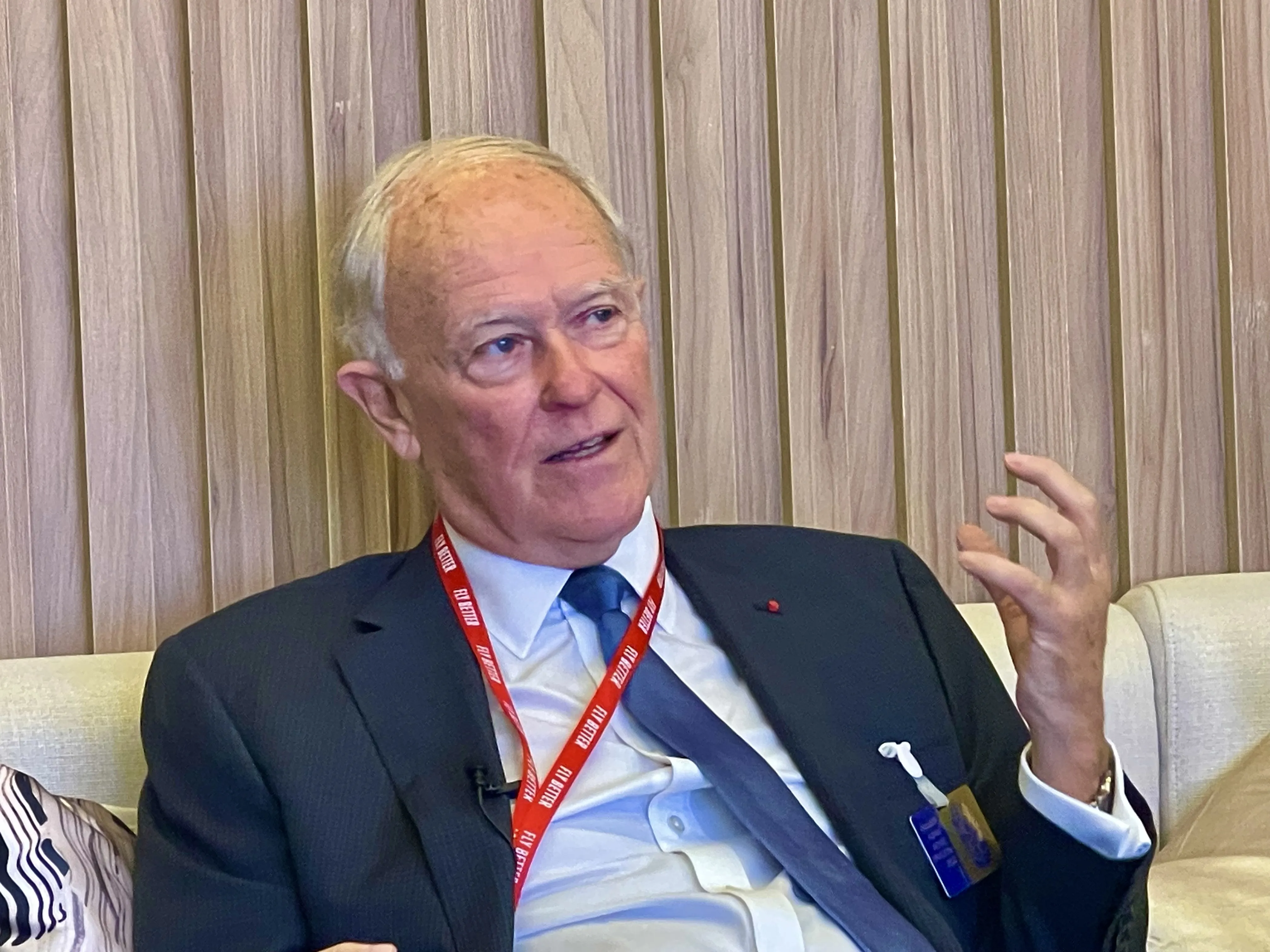
Emirates Chief Not Happy With Rolls Royce
Nov 14, 2023

Emirates Airlines' chief has expressed dissatisfaction with Rolls-Royce regarding ongoing issues with the engine performance of their A380 aircraft. The airline has faced operational challenges linked to engine reliability, which has impacted flight schedules and maintenance costs. The CEO emphasized the need for improved support and accountability from Rolls-Royce, highlighting the importance of dependable technology for maintaining Emirates' high standards of service. The relationship between the airline and the engine manufacturer has come under scrutiny, as Emirates looks to ensure that its fleet operates smoothly amid increasing demand for air travel.
Emirates Airlines, one of the largest and most renowned carriers in the world, has expressed dissatisfaction with Rolls Royce, the manufacturer of its aircraft engines. This discontent has arisen due to several operational challenges and performance issues related to the engines, which have become a significant concern for the airline. The relationship between Emirates and Rolls Royce has been under scrutiny, as the airline seeks to ensure the highest standards of reliability and efficiency in its fleet.
Performance Issues with Rolls Royce Engines
One of the primary reasons for Emirates' "dissatisfaction" with Rolls Royce is the "performance issues" associated with the Trent 1000 engines used in its Boeing 787 Dreamliner fleet. These engines have faced numerous challenges, including:
- Increased maintenance requirements
- Reduced operational reliability
- Unplanned grounding of aircraft
These issues have not only impacted Emirates' operational efficiency but have also strained its financial performance. The airline has had to allocate additional resources to manage these complications, leading to increased operational costs and disruption in service.
Financial Implications for Emirates Airlines
The financial implications of the ongoing issues with Rolls Royce engines cannot be understated. Emirates has reported that the unanticipated costs associated with maintaining and servicing the Trent 1000 engines have negatively affected its overall profitability. The airline had to adjust its financial forecasts as a result, impacting its "investor confidence" and long-term strategic planning.
| Financial Metrics | Before Rolls Royce Issues | After Rolls Royce Issues |
|---|---|---|
| Operational Costs | $X Million | $Y Million |
| Flight Cancellations | X% | Y% |
| Investor Confidence Index | X | Y |
Emirates' Response and Future Plans
In response to these challenges, Emirates is actively seeking solutions to mitigate the impact of the Rolls Royce engine issues. The airline has considered several strategies, including:
- Engaging in negotiations with Rolls Royce for better support and remedies
- Diversifying its engine suppliers to reduce dependency on a single manufacturer
- Investing in "alternative technologies" and "engine types" for future aircraft acquisitions
Emirates' leadership is keen on ensuring that the airline maintains its reputation for reliability and customer satisfaction. They are working closely with Rolls Royce to address these performance issues and ensure that such challenges do not arise in future collaborations.
The Importance of Reliable Aircraft Engines
The operational efficiency of an airline heavily relies on its aircraft’s performance, particularly the engines. For Emirates, the "engines" are not just components of the aircraft; they are the backbone of the airline's operational capabilities. The reliability of these engines directly influences flight schedules, customer satisfaction, and overall profitability.
In the competitive aviation industry, airlines must prioritize their "fleet management" strategies and ensure that they partner with manufacturers that align with their operational goals. Emirates’ experience with Rolls Royce serves as a cautionary tale for other airlines regarding the importance of selecting reliable and efficient engine manufacturers.
Conclusion
Emirates Airlines' ongoing issues with Rolls Royce highlight the critical nature of engine performance in the aviation sector. The dissatisfaction expressed by Emirates reflects broader industry concerns about the reliability of aircraft engines and their impact on operational efficiency and profitability. As Emirates navigates these challenges, it will be imperative for the airline to implement strategic measures that ensure its long-term success and maintain its status as a leading global airline. The relationship with Rolls Royce will need to evolve to address these pressing concerns and restore confidence in their partnership.
Ultimately, the lessons learned from this situation will not only shape Emirates' future operations but may also influence the wider industry as airlines reassess their partnerships with engine manufacturers to ensure sustainable growth and operational excellence.
Related Articles

Explore Thailand: The Best Islands to Visit for Paradise, Adventure, and Relaxation

The Ultimate Guide to the Best Islands in Thailand for Your Next Getaway

Do babies need passports? How to get a passport for a newborn

How to get a U.S. passport fast: here’s how to expedite the process

What is Mobile Passport Control: 5 reasons why you should use it

SENTRI vs. Global Entry: A detailed guide

Do you need a passport to go to the Bahamas? Let’s find out

Do you need a passport to go to Mexico? A detailed guide

Do you need a passport to go to Canada? We got the answer

Do You Need a Passport for a Cruise: An Essential Travel Guide

Booster Seat Requirements: All the Rules to Follow in Your Rental Car

What Are the World’s Most Powerful Passports, and How Does Yours Rank?

How to Take a Passport Photo at Home: A Helpful Guide

You've got to have heart! Southwest's new livery

Your opinion: Should water be free on low cost carriers?

Young women bolder than guys as solo travellers
